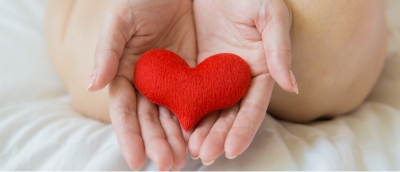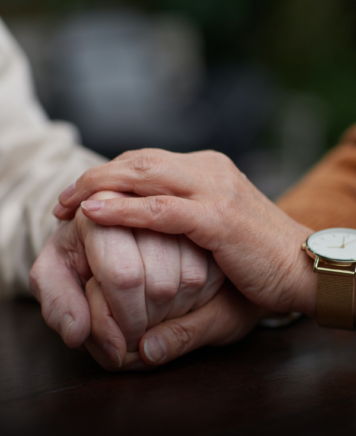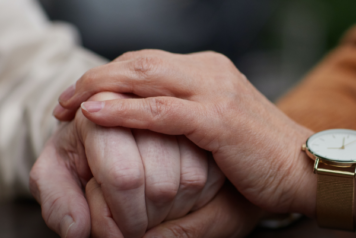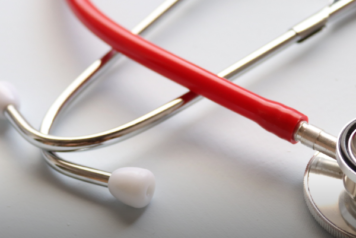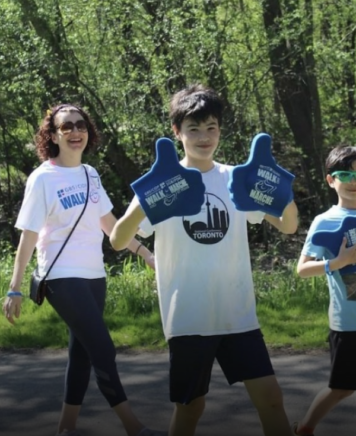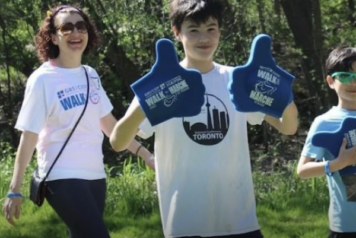- FR
- HCPs
- Act Now
- Conditions
- Resources
- Patient Stories
- About
- Events
- Contact
- Register
-
Donate


Donate now
Donate today to improve the quality of life for individuals and families affected by GBS, CIDP and variants.


Vision Sanâa and Richard
Join us in raising $200,000 to advance research on issues that matter most to our community. Fonds Sanâa and Richard will match donations up to a maximum of $50,000.
GBS
Guillain-Barré Syndrome (GBS)
Understand Guillain-Barré syndrome (GBS) with Hans Katzberg, MD
Video detailsWhat is GBS?
Guillain-Barré (Ghee-yan Bah-ray) Syndrome is a rare neurological disorder in which the body’s own immune system attacks the peripheral nerves. Initial symptoms of GBS often include back pain, numbness, and tingling, followed by rapid-onset and progressive weakness of limb muscles leading to paralysis in many patients. In some patients respiratory and swallowing muscles can be involved and early intensive care may be necessary to monitor breathing and other functions. Recovery, aided by rehabilitation can range in duration from months to years. GBS is estimated to occur in about 1-2 persons per 100,000 annually and can affect anyone, regardless of age, gender, or ethnicity. It is rarer in children. GBS is not contagious and cannot be inherited.
GBS Variants
Miller Fisher syndrome (MFS) is a variant of GBS, with distinct and restricted symptoms. Unlike classic GBS with widespread weakness, MFS often leads to instability and gait imbalance and impaired limb coordination. Involvement of the eye muscles lead to double or blurred vision, or drooping eyelids.
Acute Motor Axonal Neuropathy (AMAN) is a severe form of GBS that presents similarly to classic GBS but only involves the motor nerves causing pure weakness without any sensory deficits i.e. numbness.
Acute Motor Sensory Axonal Neuropathy (AMSAN) is a severe form of GBS. Like GBS, it causes both motor and sensory deficits but has delayed recovery.

What causes GBS?
The exact cause of GBS is unknown. Many cases are preceded by a microbial respiratory or gut infection that trigger the patient’s immune system.
GBS Symptoms
The most common symptoms of GBS include rapidly progressive limb weakness, typically presenting in a symmetrical and ascending pattern i.e from distal to proximal limb. Other symptoms often observed are numbness and tingling in limbs, pain in the back or extremities, facial weakness, and difficulty breathing.
How is GBS Diagnosed?
Diagnosing GBS can be challenging due to its similarity to other neurological disorders and variability in symptoms:
Initial assessment typically involves a thorough medical history and physical examination. History focuses on preceding infection, if any, and the typical disease course (rapid onset and progression of symptoms). Physical exam is directed towards characteristic findings of symmetrical weakness, numbness and early loss of reflexes etc).
Diagnostic tests may include a spinal tap to analyse spinal fluid for increased protein levels, nerve conduction studies to evaluate nerve signal speed and needle electromyography (EMG) to assess both muscle and nerve activity. Additional investigations may include blood tests, X-rays, and MRI scan, in some cases to help rule out other potential causes.

GBS Treatment Options
GBS can be unpredictable in its early stages, necessitating hospitalization of most newly diagnosed patients for monitoring until the condition stabilizes. Depending on the disease severity, some patients need admission to the ICU for close monitoring of respiratory and other bodily functions i.e. heart rate, blood pressure etc.
Early institution of treatment (within days to a few weeks of onset) provides maximal benefit. There are two treatments recognized to help shorten the course of GBS.
High Dose Intravenous Immunoglobulin therapy (IVIG): Delivers healthy antibodies obtained from donors’ plasma to the patient intravenously. The donors’ antibodies neutralize the damaging antibodies in the patient’s body that are involved in causing the GBS.
Plasma exchange (plasmapheresis): This process initially separates the blood cells from the fluid portion of the blood (i.e. plasma) from the patient’s body, then removes the plasma and exchanges it with another fluid. The plasma exchange rapidly eliminates harmful antibodies that are attacking the patient’s nerves.
Plasmapheresis and IVIG are considered to be equally effective, and combining the two or administering one after the other does not increase their efficacy. In rare cases, IVIG can be infused again after two weeks if the patient’s condition continues to deteriorate.
The acute phase of GBS can vary from days to weeks, with a majority transitioning to the rehabilitative phase within four weeks. Comprehensive patient care in the rehabilitative stage can involve a multidisciplinary team including neurologists, physiatrists, family physicians, physical therapists, occupational therapists, social workers, nurses, and psychologists or psychiatrists. Speech therapy may be necessary for some patients with affected speech muscles.

Living with GBS
Being diagnosed with GBS, a potentially life-threatening disease, poses both physical and emotional challenges. While most people eventually recover fully, the condition often entails physical pain, hospitalization, and several months of rehabilitation. In some cases, patients will need to adjust to residual physical limitations, fatigue and psychological effects. To manage the stress of recovery from GBS, it is recommended that patients consider these suggestions:
- Maintain a strong support system of friends and family throughout the illness and recovery
- Contact a support group or organization well versed with GBS
- Discuss feelings and concerns with a counsellor

The information provided on this page is for educational purposes only and is not intended as a substitute for professional medical advice, diagnosis, or treatment. Always seek the advice of your physician or other qualified healthcare provider with any questions you may have regarding a medical condition. Never disregard professional medical advice or delay in seeking it because of something you have read on this website.
You Are Not Alone
Read or watch real experiences from patients and family members dealing with GBS, CIDP and MMN.
SEE PATIENT STORIES